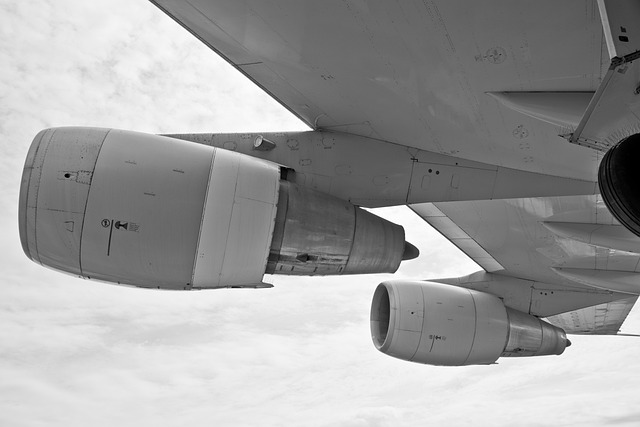Becoming an aircraft engineer is an exciting and rewarding career path for those interested in the aviation industry. Aircraft engineers are responsible for designing, developing, maintaining, and repairing aircraft, from small private planes to large commercial airliners. To become an aircraft engineer, there are several requirements and qualifications that must be met. In this article, we will explore what it takes to become an aircraft engineer, including the necessary education, skills, and certifications.
Educational Requirements
The first step to becoming an aircraft engineer is obtaining the necessary education. Most aircraft engineering positions require a bachelor’s degree in aerospace engineering, mechanical engineering, or a related field. These programs typically take four years to complete and cover topics such as aerodynamics, materials science, structural design, and propulsion systems.
In addition to a bachelor’s degree, some aircraft engineering positions may require a master’s degree or a Ph.D. in a specialized field of engineering. These advanced degrees can provide additional expertise and knowledge that can be applied to complex engineering projects.
Skills and Qualifications
In addition to education, there are several skills and qualifications that are necessary to become an aircraft engineer. These include:
Attention to Detail: Aircraft engineers must have a high level of attention to detail to ensure that aircraft are designed and maintained to the highest standards of safety and reliability.
Analytical Skills: Aircraft engineers must have strong analytical skills to analyze data and solve complex engineering problems.
Communication Skills: Aircraft engineers must be able to communicate effectively with team members, clients, and other stakeholders to ensure that projects are completed efficiently and effectively.
Technical Skills: Aircraft engineers must have a strong understanding of engineering principles and be proficient in the use of computer-aided design (CAD) software, as well as other specialized software used in the aviation industry. You’ll also be learning how to use specific hardware, such as aircraft tow bars, to get tasks done.
Certifications
In addition to education and skills, there are several certifications that can be beneficial for aircraft engineers. These certifications demonstrate a high level of expertise and can increase job prospects and salary potential. Some of the most common certifications for aircraft engineers include:
Professional Engineer (PE) License: A PE license is a state-issued license that demonstrates that an engineer has met the necessary education, experience, and examination requirements to practice engineering in a particular state. While not always required, a PE license can increase job prospects and salary potential.
Federal Aviation Administration (FAA) Certifications: The FAA offers several certifications for aircraft engineers, including the Airframe and Powerplant (A&P) certification, which demonstrates proficiency in the maintenance and repair of aircraft structures and systems.
American Society of Mechanical Engineers (ASME) Certifications: The ASME offers several certifications for mechanical engineers, including the Pressure Vessel Inspector certification and the Design Engineer certification.
Experience and Training
In addition to education, skills, and certifications, experience and training are essential for becoming an aircraft engineer. Many entry-level positions require some level of experience or training, such as internships, co-op programs, or entry-level engineering positions.
In addition to on-the-job training, there are several training programs and courses available for aircraft engineers, including specialized courses on specific aircraft systems, such as avionics or propulsion systems. These courses can provide additional knowledge and expertise that can be applied to specific engineering projects.
Day-to-Day Life of an Aircraft Engineer
The day-to-day life of an aircraft engineer can be varied and challenging, involving tasks such as inspections and maintenance, design and development, documentation and record keeping, communication and collaboration, etcetera.
In addition, continuing education and professional development also consume a considerable portion of your day-to-day life as an aircraft engineer. Aircraft engineering is a constantly evolving field, with new technologies, techniques, and regulations emerging all the time. As such, many aircraft engineers are required to undertake ongoing professional development to stay up-to-date with the latest developments in the field. This may involve attending training courses, industry conferences, and other professional development opportunities.
Conclusion
Becoming an aircraft engineer requires a significant amount of education, skills, and certifications. While the path to becoming an aircraft engineer can be challenging, the rewards of working in this exciting and dynamic field are significant. From designing the next generation of aircraft to ensuring that current aircraft are safe and reliable, aircraft engineers play a crucial role in the aviation industry. By obtaining the necessary education, skills, and certifications, and gaining experience and training, aspiring aircraft engineers can build a successful career in this rewarding field.








